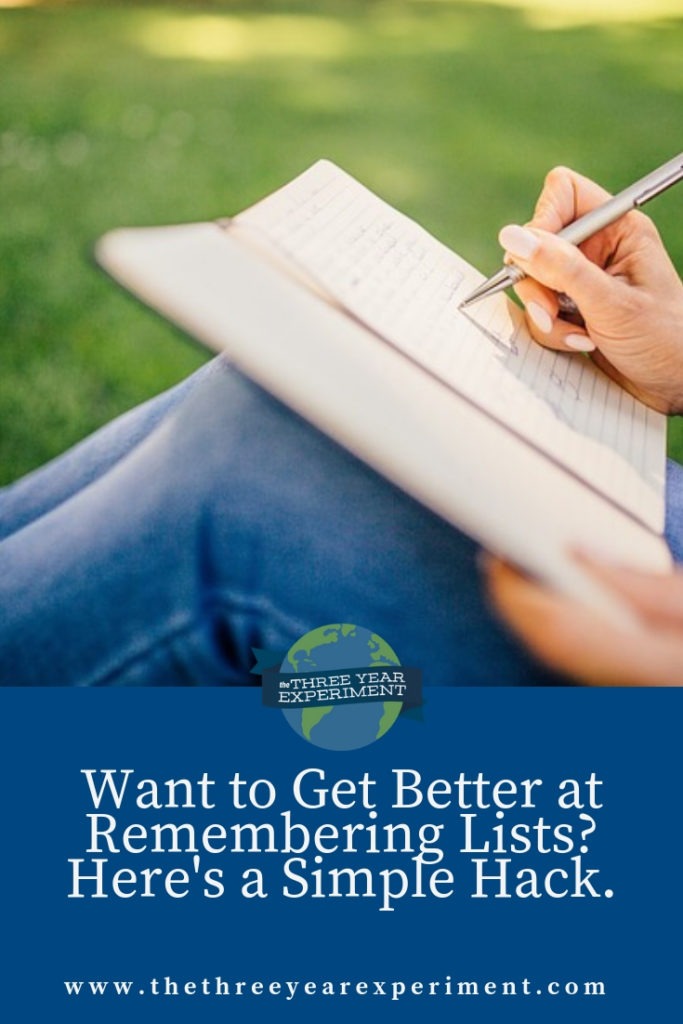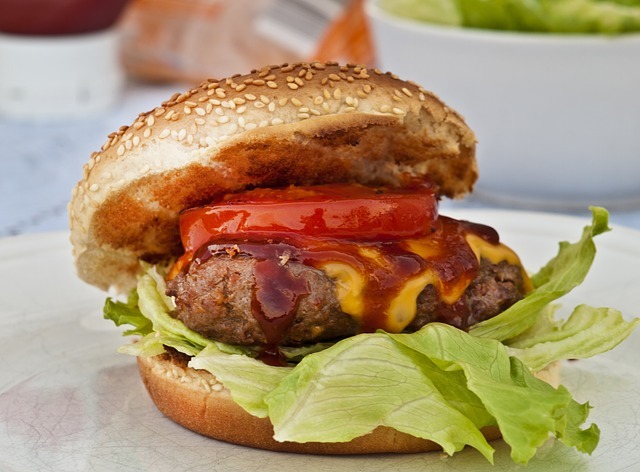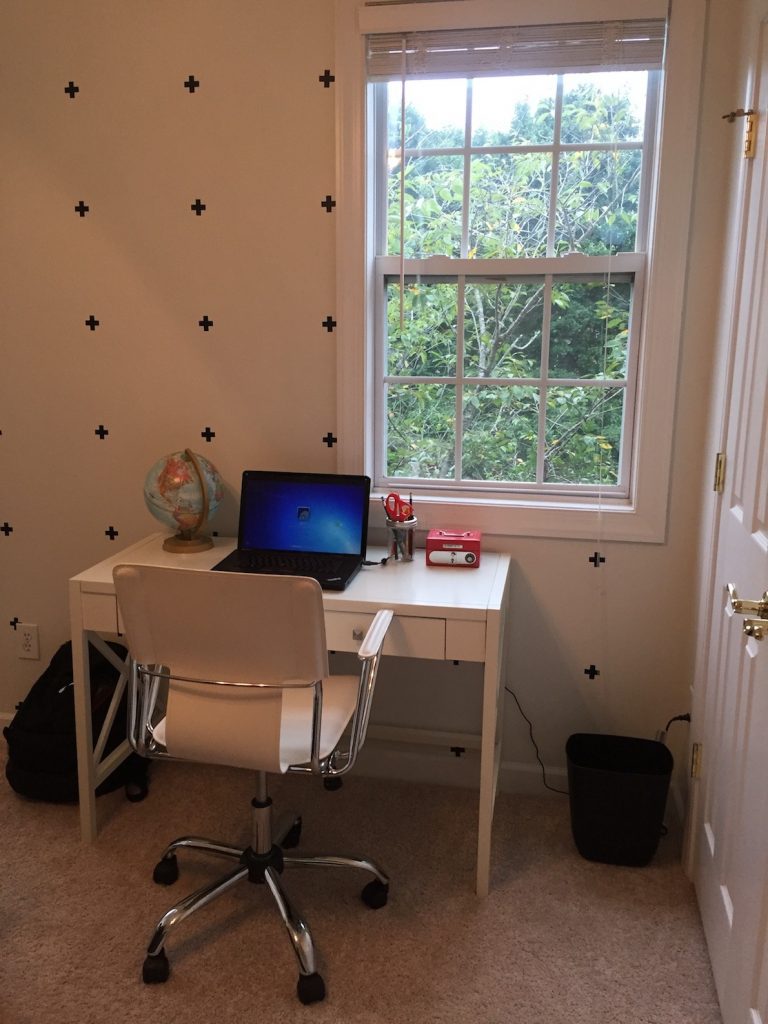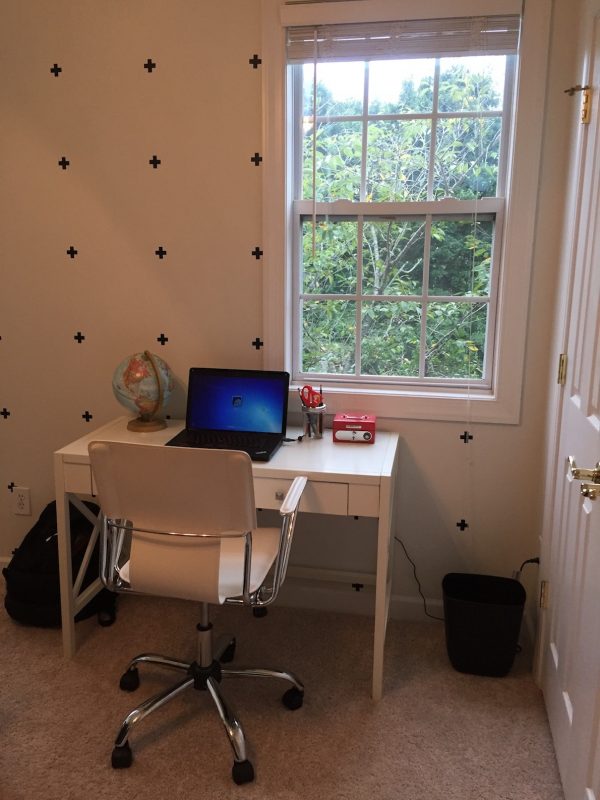Have you ever had trouble remembering a list of three or four things you needed to get at the store, or do at home?
The older I get, the worse my memory seems to get. I was having a really hard time keeping a short list of things in my head, until I remembered an old mnemonic device my dad taught me.
Years ago, my dad read a book about improving your memory. It may have been The Memory Book: The Classic Guide to Improving Your Memory at Work, at School, and at Play. In it were several tricks of the trade this memory expert used to recall a list of up to ten items. But there was one mnemonic that stuck with Dad enough that he continues to use to this day.
He’s used it for years to remember short lists, and it’s always been vaguely annoying to me, because it’s so weird. But it works. Probably because it’s weird.

The idea behind is that for each number up to ten, you have an item that rhymes with your number–something sort of strange–and you attach the thing you need to remember to the item. You do it visually, so that your mind conjures up a strange picture of the item plus what you need to remember.
The How-To
Here’s how to use it.
Let’s say you need to remember to buy lemons, cilantro, and stain remover at the store. You attach one item to each number.
So, one is a bun. Picture a bun in your head. What kind of bun? Who cares. It’s your bun. Now, incorporate lemons into that visual. You could now be imagining a cinnamon bun with lemon-coated frosting. You could imagine lemon slices being hurled as weapons at a giant bun that’s taking over the city. The weirder the visual, the better.
Now, two. Two is a shoe. It can be a witch’s shoe. That beautiful pair of Converse two-tones you have your eye on. Whatever. Now, incorporate cilantro into your visual. Does your shoe have cilantro-shaped decorations on the sides? Is it squishing cilantro into the white carpet and making a green mess?

Three is a tree. You can imagine the stain remover being used as a deadly herbicide that’s killing the tree. You could imagine a fluffy tree in an apron doing the laundry, and squirting her tree family’s clothing with stain remover.
The more disparate the images, the better. If you need to remember eggs at the store, imagine a hamburger bun filled with raw eggs in eggshells. Now squeeze that hamburger bun in your mind, imagining the egg shells cracking and gooey yellow yolk squeezing out the sides.
Related Reading:
- The Paradoxical Problem of Choice
- 5 Proven Hacks to Overcome Anxiety
- Can Optimism and Hope Increase Your Wealth?
Because the image doesn’t neatly fit into a normal hamburger image, your brain won’t file it away in the “normal hamburger images” category. Instead, it will leave it out, not quite sure what to do with such a strange picture that doesn’t jive with any of your other hamburger-related images.

Again, the weirder the visual, the better.
The Entire Mnemonic
Here’s the entire list.
One is a bun.
Two is a shoe.
Three is a tree.
Four is a door.
Five is a hive.
Six is sticks.
Seven is heaven.
Eight is a gate.
Nine is wine.
Ten is a den.
Why it Works
Mnemonics are memory devices that help our brains both remember and recall information better.
This simple number rhyming device exhibits the following requirements for a good mnemonic technique: it helps us remember the recall words and the list we need to remember. It also helps us store the information better because we create such unusual visuals in our heads. We’re telling our brains to link information that we want to remember with an arresting image, word, or phrase that says “this is important! Put this somewhere good so I can get it back easily when I need it.”

Not only does this device help us create memorable visual cues, it uses a rhyming device to help us recall the cue words. In other words, you don’t have to just automatically recall ten random words. You just have to start counting, and then you’re reminded that the number one links with its rhyming word bun, which then helps you pull up a picture of your Godzilla-like bun being shot down by razor-thin lemon slices.
The brilliant part of this particular mnemonic is that it uses both hemispheres of the brain–your language center, located in your left hemisphere, and your visual center, located in the right.
So the next time you have a list of ten or less items to remember, give this mnemonic a try. I guarantee you’ll remember everything.


